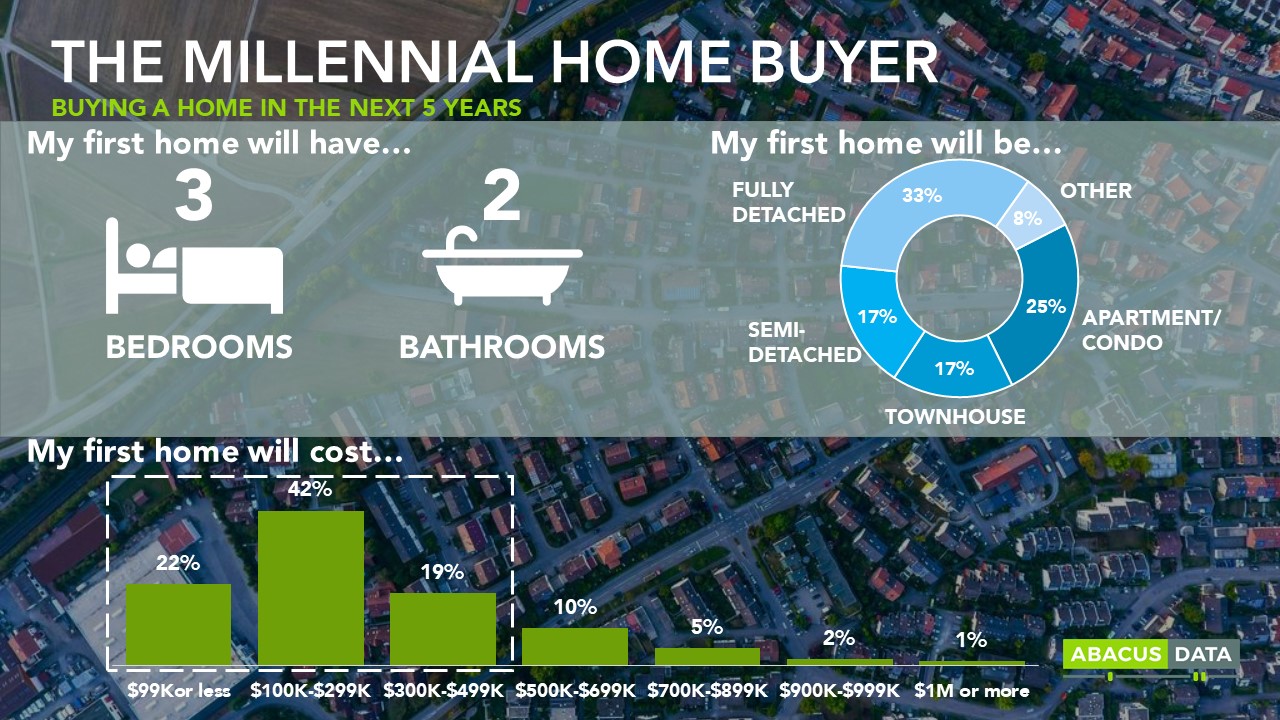What makes a millennial?
December 31, 2018
To kick off our millennial year in review we start by looking at the subject of our discussion: the millennials. Most of our regular readers you will know that millennials are a generational cohort born between the years of 1980 and 2000. In Canada, millennials make up just a little over a quarter of the population (27%) and approximately 40% of the working population (15-65 years old) as of the last census.
Millennials are both more highly educated and ethnically diverse than previous generations. 68% of millennials have a post-secondary education and many of those who do not are on their way to finishing one. One in four Canadian millennials are from non-western European ancestry and by 2036, 1 of every 2 Canadians could come from non-western European heritage. Millennials are at the forefront of the change that has been ushered in by globalization and technological innovation. A generation ago, social science degrees were the goût de jour of most university-goers; now STEM (Science, Technology, Engineering, and Math), computer science/IT, and the skilled trades have taken a lead over most other disciplines. This shift in degree preference is preparing millennials for the in-demand skill required by the workforce of both today and tomorrow.

Millennials do have their struggles. They persistently make under the national median income of $70,000 per year; in fact, most millennials make under $50,000 a year. Millennials also tend to be under-employed when compared to the rest of the population with their unemployment rate remaining stubbornly 2-3 points above the national average. Affordable housing is another issue for millennials. When asked for the priority that is at the top of their list for the federal government to address, affordable housing is the resounding answer. New detached houses cost more than twice as much as they did when boomers were buying their first homes. A home costing $210,000 in 1977 would cost around $490,000 today (all in 2016 dollars). Wages have increased only modestly since the Great Recession in 2008 and still haven’t recovered from their peak in 1977 while cost of living continues to outpace earnings. This has resulted in higher household debt which has risen to twice the level it was a generation ago, now sitting around 170% of household income, meaning Canadians pay $1.70 in debt for each dollar they earn.
Despite what some pundits suggest, millennials are logical creatures; and to defer some of these costs nearly a third of all millennials are choosing to live with their parents and save. This might be unimaginable for some boomers who would rather go on the dole than go back home to their mom and dad, but millennials are used to being supported by their parents. This nurturing or “helicopter parenting” as it has been known to be called, has shaped how millennials perceive their world.
In school and in their extra-curricular activities, they were raised to believe that there are no “losers” and no penalty for not obtaining the goal. They learned that participation alone is deserving of reward and recognition. This has evolved into a social consciousness that shapes their approach to their work and informs their entrepreneurial spirit. They want to ensure that all people have access to the same “privilege” they had when growing up and in their employment. Fairness, equality, and merit are all things that millennials have learned to value highly and seek to export that experience to the world.
Millennials perceive most aspects of their life through this egalitarian lens. 54% of millennials believe that Canada would be better off if governed under a more socialist system and 36% of millennials identify as being left-of-centre politically. Comparatively, 42% politically identify as being centrist while 22% identify as right-leaning conservatives. 91% of millennials believe that stopping climate change is a moral responsibility and many would not vote for a party that did not have an action plan to address climate change.

Finally, there is the technological side of the millennial generation. Millennials were born with digital technology. While older millennials can remember the days before the internet, for most, it has been a ubiquitous part of their lives. Cellphones, video games, and computers are second nature to millennials, most having received their first desktop at the age of 12, laptop at 16, and smartphone at 18. The effects of this communications change have been well-document and blamed for the decline of newspapers, political debate, and even some dictators (see Arab Spring). Yes, millennials ‘get’ technology and it’s a good thing too. As new technological innovation changes the world around us, it’s good that the leaders and innovators of tomorrow have a grasp on it.

In sum, millennials are the 18 to 30-somethings you interact with every day. They don’t make as much as most Canadians, and many are still looking for a fulfilling job. They’re well educated, empathetic, and want to improve the world around them both socially and environmentally. They lean to the left and currently are embracing the disruption technological innovation is providing. In many ways, they are like the generations that came before but are distinctively different in many others. Their connectivity and search for social justice are probably what will become to define them, but this is still a very young generation and the history books have yet to be written. So who are the millennials? That is still to be seen, only time will tell what they will do with the uncertain world set before them.
At Abacus we strive to understand the nuances of generational change and how it impacts you and your business. The Canadian Millennials Report is the largest syndicated study of millennials in Canada. We survey 2,000 millennials twice a year on a range of topics including politics, social values, and consumer trends. If you are interested in learning more about this generation, reach out to us and we would be happy to connect.



